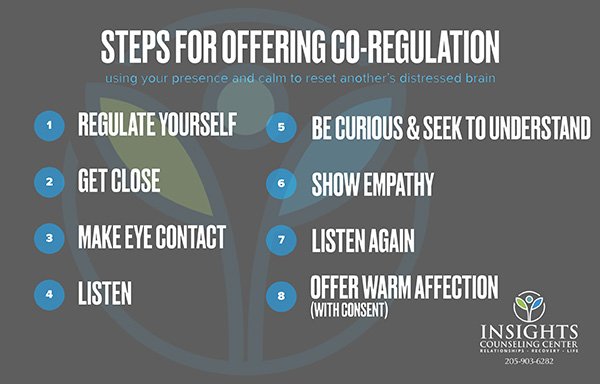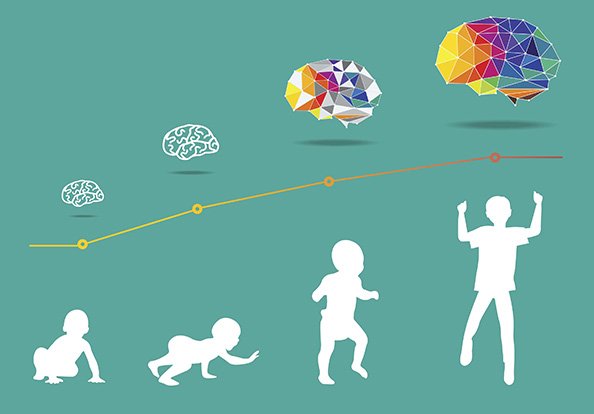
Blog

Students Ask About Anxiety: Develop A Plan
High School Students Ask About Anxiety:
How can you develop a plan to help you overcome your anxiety?

The Rising Tide of Depression Among College Students: Understanding the Why and Offering Hope
Explore the factors contributing to the increasing rate of depression among college students. From academic pressures, financial stress, social dynamics, and more while offering strategies for managing these challenges. Reach out for supportive and compassionate professional guidance.

When the Unseen Causes Struggle: The Link Between Undiagnosed ADHD and Depression
ADHD is not simply about fleeting distractions or impulsive decisions. As a neurodevelopmental condition, it influences the brain regions regulating attention and discipline. Sometimes these effects seem like forgetfulness or organizational troubles. Neglecting these limitations can lead to distress, potentially growing into depression. Fortunately, help is available and progress is within reach. Using tools like neurofeedback and engaging in counseling can prove profoundly beneficial in alleviating depressive symptoms and improving focus and attention.

Empowering Conversations: Addressing Sexual Harassment and Assault with Your Teens
Navigating delicate conversations about sexual harassment and assault with your teens can be challenging. Discover practical strategies to introduce appropriate language, encourage assertiveness, address internet safety, and model respectful behavior.

Building a Strong Identity: Navigating the Complexities of Identity vs Role Confusion in Adolescence (Ages 13-19)
Adolescence is a time of remarkable transformation, where the complexities of self-discovery, emotional growth, and evolving social relationships intertwine.

Growing Through the Stages: Understanding Erikson’s Principles for Healthy Development from Adolescence to Adulthood
As you journey through life, changes and challenges inevitably pave your path. These moments can bring about feelings of confusion and struggle as you grapple with your emerging self.

Navigating Emotional Flooding: A Guide For Teens In School and Family Contexts
Emotional flooding is akin to a dam in your mind overflowing with emotions, leaving you feeling overwhelmed and incapable of rational conversation or thought. To empower yourself with the ability to handle this phenomenon better, advancing understanding can play a vital role.

Is My Teen Just Moody or Depressed? Understanding the Differences
During adolescence, hormones surge, contributing to an emotional rollercoaster that can make both teenagers and their parents feel disoriented. As a parent, witnessing these changes can leave you grappling with a difficult question, "Is my teen just moody, or could they be depressed?"

Is Social Media Use Moving Into An Addiction
This post explores potential signs of unhealthy social media use, including disrupted time management, emotional dependencies on virtual approval, and prioritizing online interaction over real-life experiences. Acknowledging these signs is a crucial step toward understanding the balance in our digital habits.

Feeling Regret Post-Breakup: A Common Part of the Healing Journey
Regret after a breakup is, most of the time, born from a sense of loss. It's not solely about missing the person you were with, but rather the uncomfortable space of letting go of a past you had envisioned a certain future around.

The Fascination with Influencers: Unveiling the Impact on Teenagers' Mental Health
Discover the impact influencers have on teenagers' mental health. From captivating storytelling to idealized lifestyles, explore their influence and the challenges they pose.

The Power of Co-Regulation: Supporting Children and Teens with Healthy Parental Attachment
Co-regulation is the powerful process where parents with fully developed brains support the emotional well-being of their children and teens. By attuning to and regulating their children's emotional states, parents provide a safe and secure environment for their emotional growth.

Breaking Chains: Understanding Addictive Family Systems
Addiction can cast a dark shadow over a family, impacting not just the individual struggling with substance abuse, but also their loved ones. In many cases, addiction becomes deeply embedded within the family dynamics, creating a cycle of pain and dysfunction.

Understanding Teen Brain Development: Beneath the Surface
It can be disorienting when our teens appear grown-up on the outside, but their behavior doesn't match. So, what does brain development have to do with this? Understanding the intricacies of teen brain development can shed light on their actions and emotions.

Learning to Lean In and Listen To the Teen In Front Of You
Learning to lean in and listen to the teen in front of us is not a strategy to merely elicit desirable behavior. It is a profound commitment to their emotional well-being and the health of our relationships with them.

The Connection Between Social Anxiety and Depression: Understanding the Link and Finding Hope
Living with social anxiety and depression can be challenging, but there is hope. Recognizing the connection between these two mental health conditions and seeking professional help is a critical step forward.

Understanding the Rising Rates of Depression: How to Support Your Loved Ones
Delve into the factors contributing to the increase in depression rates and explore how loved ones can provide support to those who may be experiencing this debilitating condition.

Breaking Free: Escaping the Common Thought Traps that Keep You Stuck in Anxiety
At times, we find ourselves caught in the loop of ingrained patterns of thinking, unable to break free from their grip. This is known as habituation, and it can be a real challenge to overcome. To experience personal growth and emotional well-being, it becomes essential to find alternative ways to replace these patterns.

Creating Healthy Boundaries: Nurturing a Stronger Sense of Self and Relationships
Boundaries are the invisible fences we establish to protect our physical, emotional, and mental well-being. They serve as a guide to help us clearly define what is acceptable and what is not, both for ourselves and in our interactions with others.

Embracing Relief: The Power of Neurofeedback in Treating Pure "O" OCD
Living with Pure O OCD can be isolating, distressing, and shrouded in shame. But there is hope. Neurofeedback therapy, paired with evidence-based techniques, can help turn down obsessive thoughts and promote emotional resilience.
